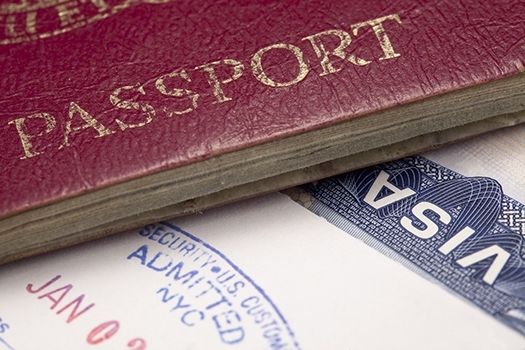Around one quarter of migrant patients are being stopped from registering with a GP practice, a study from Doctors of the World UK has claimed.
The organisation attempted to register 700 migrant patients with a GP but found that 28% were refused, due to the patients lacking ID, proof of address or, in a small number of cases, because of their immigration status.
Doctors of the World UK has urged practices to ensure their registration processes do not block these vulnerable patients.
But the BMA has said CCGs also have an important role to play in commissioning specialised services to help these vulnerable patients, while local leaders said it was encouraging that three-quarters of patients were able to access GPs.
The findings go against NHS England guidance issued in November 2015, which clarified that all asylum seekers, refugees, overseas visitors – whether lawfully in the UK or not – as well as students, people on work visas and those who are homeless, are ‘eligible to register with a GP practice’.
They come as Doctors of the World UK launched a new website called migrant.health, in partnership with the University of Sheffield and funded by The Health Foundation, which aims to provide information for primary care staff working with migrant patients and particularly those in more vulnerable circumstances.
In total, 122 GP practices were approached with registration requests, with 76 practices always agreeing to register patients, and eight always refusing registration.
But researchers found that 38 practices were inconsistent when registering patients, sometimes agreeing to register patients and sometimes not.
Overall, there were 700 recorded attempts to register with a GP, and while 506 registrations (72%) were agreed,194 were refused (28%).
The most common reasons for refusal were no proof of ID (29%), no proof of address (29%), gatekeeping by receptionists (20%), and immigration status (6%).
A spokesperson for Doctors of the World UK told Pulse: ‘GP practices should make sure their registration policy doesn’t prevent patients from registering.
‘There are good reasons why refugees, undocumented migrants and trafficking victims don’t have proof for address or ID and the NHS England Guidance is clear that this is not a reason to refuse to register a patient.’
BMA GP Committee chair Dr Richard Vautrey said: ‘All patients living in the UK are entitled to register with a GP.
‘However CCGs also have an important role in commissioning the necessary specialised services that are often required to help meet the needs of this vulnerable group of people.’
Tower Hamlets LMC chair Dr Jackie Applebee said: ‘It is encouraging that nearly three quarters of patients were able to find a GP with the help of Doctors of the World, but worrying that over a quarter were refused.’
Earlier this year, Dr Applebee raised the alarm when immigration officers from the Home Office asked an East London GP practice to confirm a patient’s address due to an ‘immigration issue’, which the practice refused to do.
And, regarding practices refusing to register patients without a home address, she said: ‘I accept that it is preferable to have a contact details for ease of communication.
‘However, failure to produce documents should not be a barrier and we should train our reception staff to be sensitive to the fact that if someone seems reluctant to provide paperwork that it might be because they are a vulnerable migrant and are fearful that this may alert the Home Office to their whereabouts.’
It comes as last week, an equality impact assessment carried out on behalf of NHS Hammersmith and Fulham CCG found that Babylon’s GP at Hand app made it easier for ‘vulnerable migrants and homeless people’ to register for NHS general practice.

















